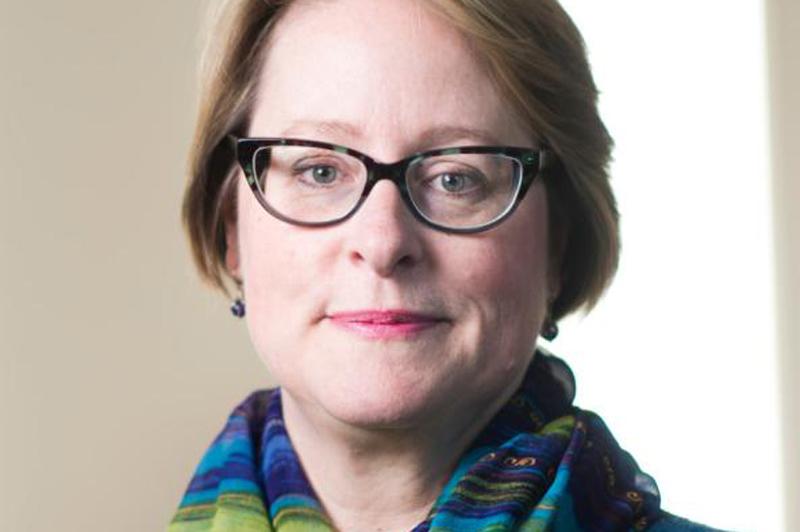-
About
- Departments & Offices
-
Academics
- Physician Assistant
- Special Master’s (MBS)
-
Admissions & Financial Aid
- Tuition & Fees
-
Student Life
-
Research
- Research Labs & Centers
-
Local & Global Engagement
- Global Health Program
Faculty Research Spotlight: Susan Koch-Weser
"It’s about understanding that situation and thinking about how to convey the right message..."

How do you change long-standing and socially normalized public health issues, such as the responsible consumption of alcohol?
In partnership with the AB InBev Foundation, the non-profit arm of one of the world’s largest beer brewers and distributors, Assistant Professor and Health Communication Concentration Leader Susan Koch-Weser is working to advance health literacy around lower-risk drinking guidelines by helping to develop a series of new consumer guidance labels.
“You have to think really strategically about what kind of message people would be receptive to in that moment where they’re picking up the bottle, which is different than what would be appropriate for a television ad or in an educational setting,” she says. “It’s about understanding that situation and thinking about how to convey the right message through the label.”
The labels will convey baseline information that any consumer should be aware of— serving size and potency of the alcohol in question—as well as more nuanced recommendations that promote better health outcomes, such as alternating between alcohol and water over the course of an evening.
Global implementation of these new labels requires a depth of understanding around the different cultural norms surrounding alcohol in different parts of the world—an encyclopedic undertaking in which Tufts MPH students have figured prominently, from attending conferences and synthesizing data, to writing up findings for publication.
But, more importantly, the research has given MPH students insight into public-private partnerships. Koch-Weser notes, “Understanding how to work with industry on areas of mutual interest, I think, is going to become more important for public health practitioners. Learning the similarities and differences between planning models, how they judge success and measure outcomes…it's really helpful for me to be able to bring examples into class and see how some of the frameworks that we use are used in very similar ways in other settings.”
Department:
Public Health and Community Medicine